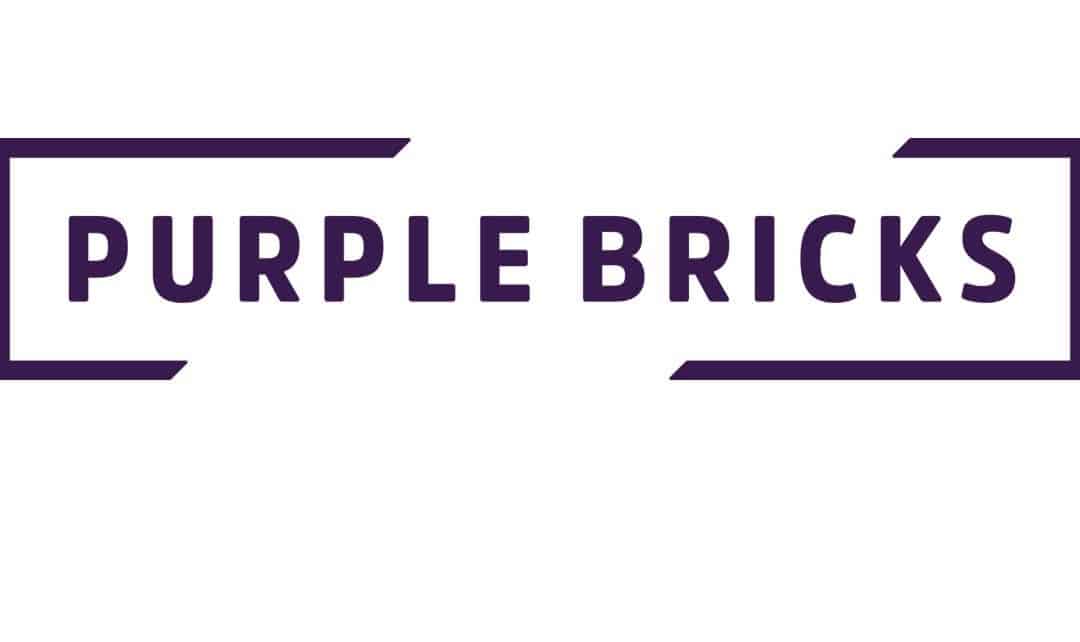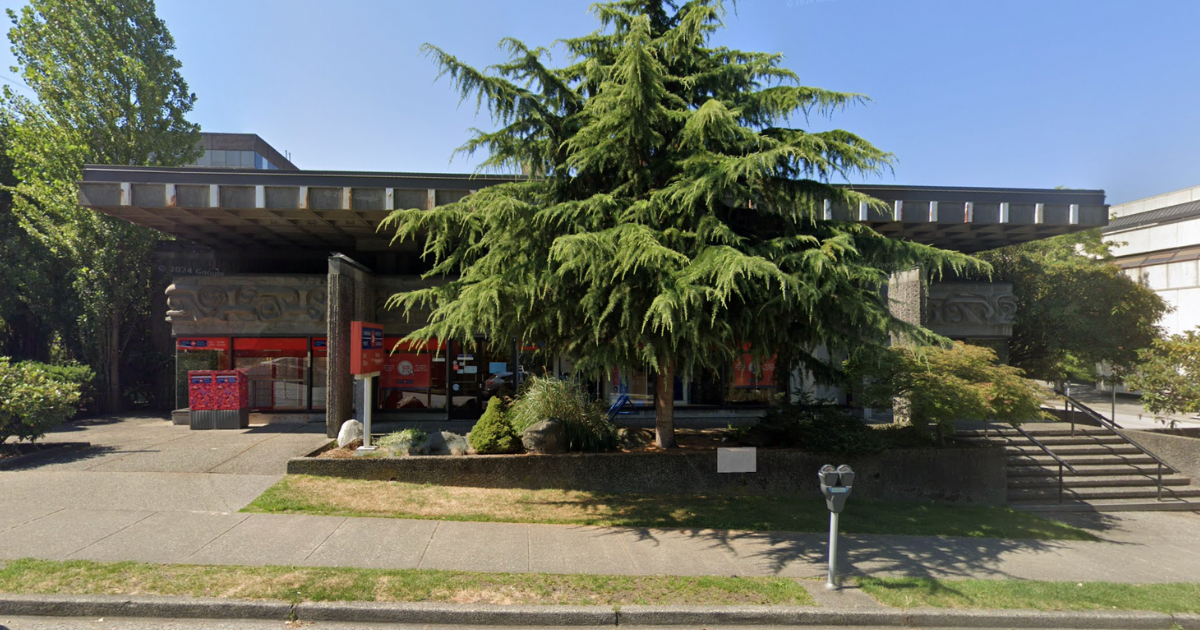Canadian cities such as Vancouver and Toronto are not alone in experiencing a crisis in affordable housing. Many big cities around the world are facing a similar problem. It’s an issue that is explored in a new documentary called PUSH, by award-winning Swedish director Fredrik Gertten.
The film, which had its North American premiere at the Hot Docs Canadian International Documentary Film Festival in Toronto this spring, follows Ottawa-based lawyer Leilani Farha, the current UN special rapporteur on the right to housing, as she travels to various cities where rents have increased three times (or more) than the rate of income.
In Harlem, New York, one man spends 90 per cent of his income on an apartment and his rent will increase to $3,600 a month when a private equity fund takes over the building. We also meet survivors of the Grenfell Tower fire in London and visit Toronto’s Parkdale neighbourhood, which has been the scene of rent strikes.
Of particular note is a new phenomenon identified in the film that began after the global financial crisis around 2008, when private equity firms and asset management firms started to buy new buildings or existing housing stock, and then evict tenants or increase rents.
Saskia Sassen, professor of sociology at Columbia University describes these new landlords as the “monster that nobody can see, that nobody really understands, whose language is incomprehensible.”
Nobel Laureate Joseph Stiglitz, meanwhile, ponders how private equity firms have managed to become the biggest landlords in the world. “You can make more money not by making a better product and lowering the cost of production, which is the standard economic analysis, but by… looking for people you can take advantage of. They’re not creating wealth; they’re actually just taking wealth.”
The film asks who cities are for. “It’s increasingly for those with wealth,” said director Gertten, during a Q&A after one of the screenings. “We’re losing the diversity of cities.”
REM recently caught up with the main subject of the documentary, Leilana Farha whose mandate as special rapporteur continues until 2020, by which time she will have visited roughly a dozen countries.
REM: What is adequate housing exactly?
Farha: Under international law it’s defined and there are some key principles, one of which is affordability, defined by household income; security of tenure – you shouldn’t fear being evicted and you shouldn’t be evicted unnecessarily. Dignity is the key here.
REM: What insights have you gleaned so far from your travels?
Farha: There’s little doubt these days, and it doesn’t take me to say this, there’s a housing crisis on a global level. There isn’t a place I go to where affordability isn’t an issue, and there isn’t a place where adequacy and where homelessness isn’t an issue. If you look around the world, you see the same graph represented in PUSH where you see rising housing or rental costs and static or stagnant wages. It’s that gap I’m concerned about. In any city I go to I see homelessness and overwhelmed shelters… tent encampments, so there’s definitely a crisis.
REM: What is the cause of this problem?
Farha: I’ve identified a particular issue, but it’s not the only issue. We’ve identified financialization of housing as a major contributor. There are other contributors that have allowed financialization to happen, for example the deregulation of our economy and our financial sector, allowing financial (actors) to do what they’re doing, but also things like governments deciding to get out of the business of housing and not providing social protections for people any longer. So, on the one hand enabling investment in housing through de regulation, propping up that investment through legislation, policies and tax laws and then at the same time withdrawing from social housing, withdrawing from protections for tenants.
And that creates the perfect storm for what we’re seeing now, which is this global housing crisis.
REM: Can you elaborate more on this new phenomenon identified in the film, whereby asset management firms and private equity firms (like Blackstone) are buying up real estate and the effect that’s had on tenants? You say in Toronto, Blackstone, in conjunction with Starlight, an asset management firm, bought eight apartment buildings within the last few months.
Farha: Blackstone is the largest residential real estate private equity firm in the world. There are a lot of actors out there. It’s not just Blackstone, though they’re fairly traceable. There are others, large multi-billion dollar, multi-national asset management firms. I’ve come across one in Canada called Timbercreek, there are others in Sweden, Germany.
What’s interesting is that they all adopt the same model, and that is a business model, which is to find undervalued properties, buy, then wrest out of it more profits, and the way to do that is by increasing rents. That’s done (through) a variety of mechanisms, sometimes there’s renovations involved as a means of providing a legal basis to raise the rent, sometimes it doesn’t even involve renovation, it’s just a simple purchase and up goes the rent.
As I understand it, the income generated from the property as well as the value of the property itself helps to secure loans. So that you can leverage more money off of the property. And more money means more purchases and acquisitions so that’s the cycle.
REM: And you see this in several cities?
Farha: Yes. It’s happening in Copenhagen, in Germany, Sweden, Spain, Ireland, Canada, throughout the U.S.
REM: You’re working on something called The Shift. Can you tell me more?
Farha: The Shift came about because I recognized that in my role as rapporteur, though I have a lot of privileges and a lot of doors open, it would be a phenomenal task to make the kind of change that’s necessary all on my own. These are very big forces with a lot of power, they influence government and I thought maybe we need to form a global movement with different stakeholders, all of whom see housing as a human right, view the housing crisis as something that needs to be addressed urgently. So, I partnered with united cities and local governments…as well as the office of the high commissioner for human rights…and we just set out to show there’s a lot of activity and traction for housing as a human right.
It’s surprised me what’s happened actually because cities have come on board in numbers and have really taken the lead here. A huge number of cities have committed to implementing the right to housing at the local level. It doesn’t mean they’re all human rights stars right now but rather that they view what’s going on as hugely problematic and they want to address it using human rights values and principles. The cities include Barcelona, Mexico City, Amsterdam, Seoul, Geneva, London, New York, Paris.
Diane Slawych is a contributing writer for REM.

















